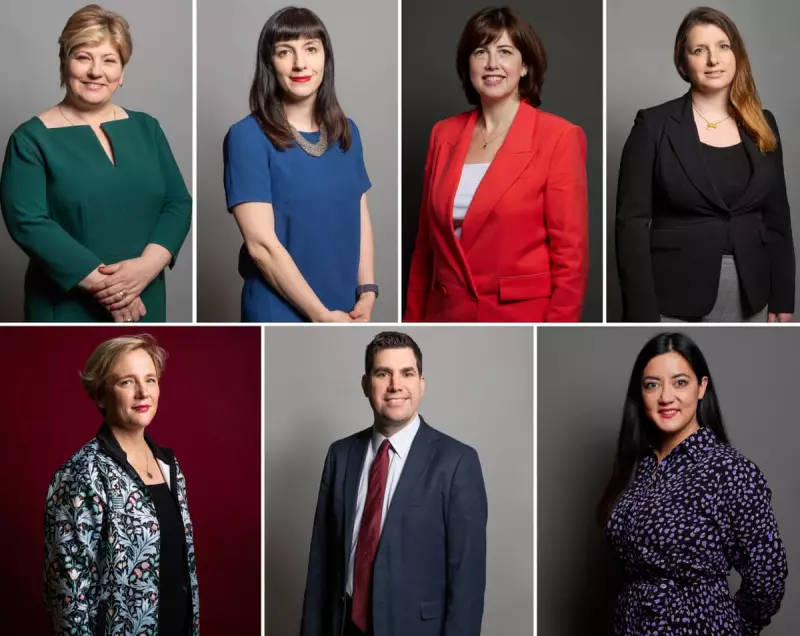
The political corridors of Westminster are buzzing as the race to succeed Angela Rayner as Labour's Deputy Leader formally begins. With Rayner poised to become Health Secretary, a pivotal role at the heart of the party's machinery is now up for grabs.
This contest is more than just an internal election; it's a battle for the soul of the party's future direction and a key test of the balance of power within Keir Starmer's top team.
The Frontrunners Emerge
Lisa Nandy, the current Culture Secretary, is widely tipped as a leading contender. Her strong media presence and established profile from her own 2020 leadership bid make her a formidable candidate. However, her potential promotion to Deputy could trigger a wider cabinet reshuffle.
Bridget Phillipson, the Education Secretary, is another heavyweight in the running. A trusted ally of the Prime Minister and a confident media performer, her stewardship of the education brief has cemented her as a serious candidate for the role.
Peter Kyle, the Science Secretary, represents a newer generation of Labour leadership. His reputation as a moderniser and a skilled communicator could appeal to MPs and members looking for a fresh face alongside Starmer.
The Left's Challenge & The Process Ahead
The party's left wing is expected to put forward a candidate to champion its cause. Names like Richard Burgon and Zarah Sultana are circulating, though they would face an uphill battle against the might of the party's dominant centre-left faction.
The path to victory is strictly defined. Candidates must secure nominations from 20% of the Parliamentary Labour Party (PLP) before the contest is put to a vote of the full party membership. The entire process is on a tight schedule, aiming for a conclusion at the party's annual conference in Brighton, ensuring the new deputy is in place before the autumn parliamentary term.
What's at Stake?
The Deputy Leader is far more than a symbolic role. The successful candidate will be expected to deputise for the Prime Minister at the despatch box, act as a vital link to the party's grassroots membership, and help maintain discipline and unity within the PLP. Their approach will significantly influence the government's tone and outreach.
As nominations open, the coming weeks will be critical. Potential candidates are already quietly shoring up support, setting the stage for a defining internal contest that will shape the top of British politics for years to come.






